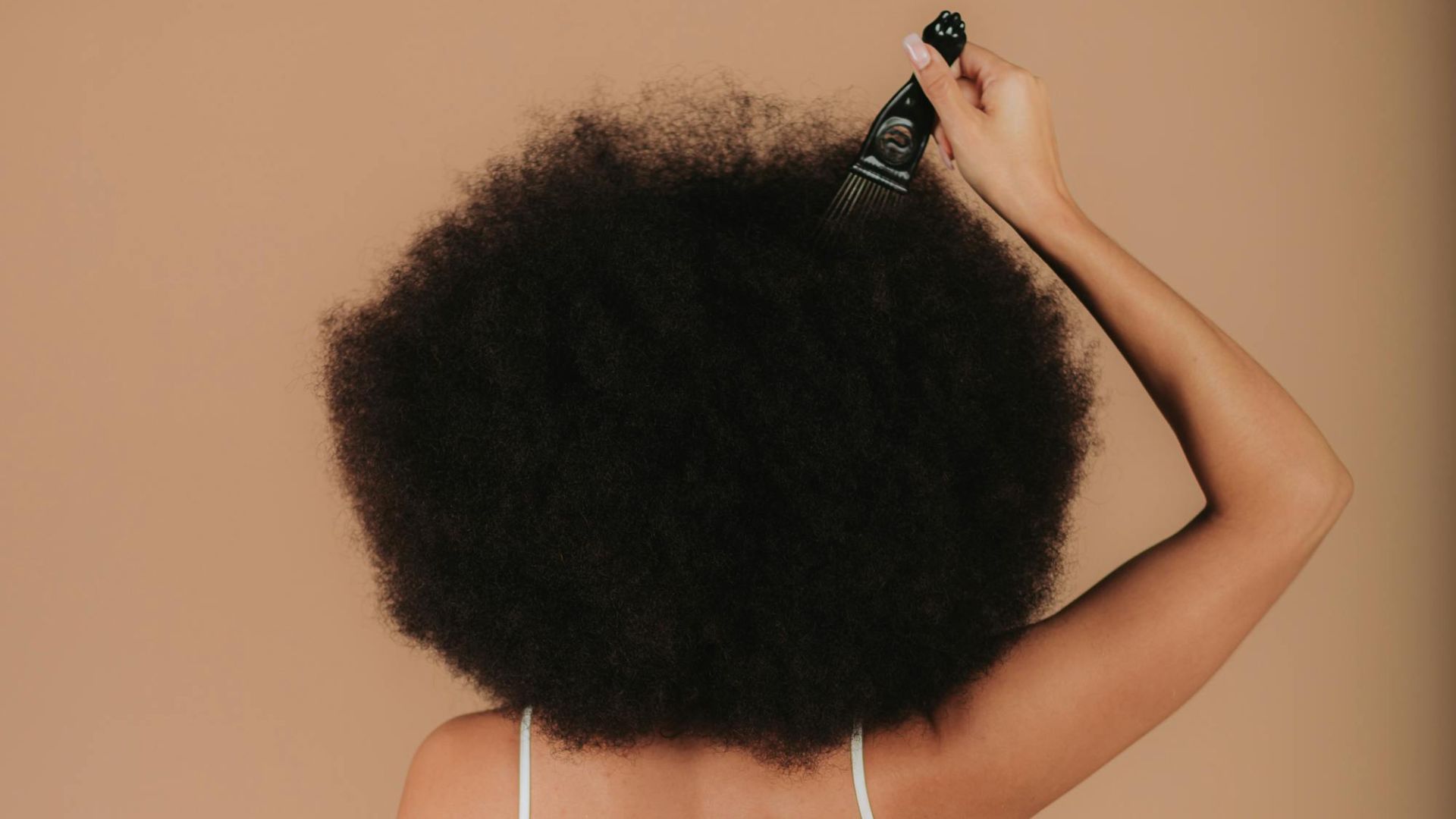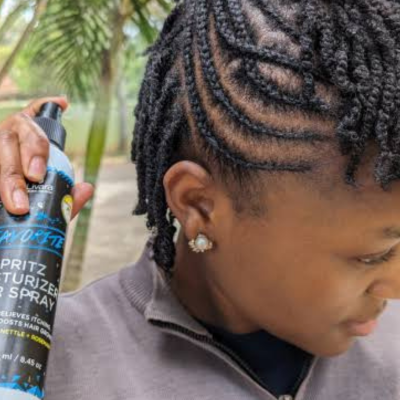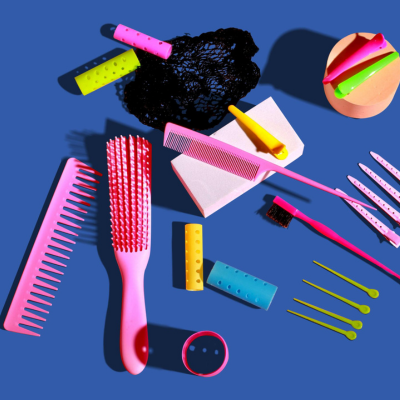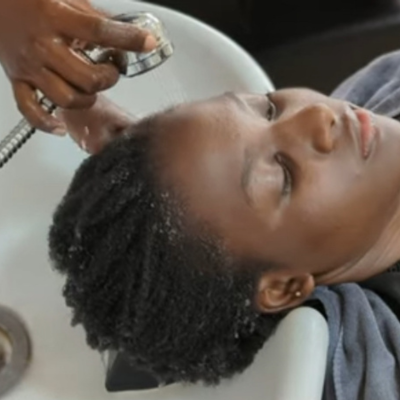- Support 24/7
- +1 (480) 468-4543
- livara@mylivara.com
How to Combat Excessive Hair Shedding: Tips from Experts

How To Fix Dull Hair: 5 Easy Remedies
July 13, 2024
What Is A Moving Scalp? Simple Tips on How To Work With One
July 16, 2024
Most hair shedding is normal, but when you notice more hair clogging your shower drain or wrapped around your brush than usual, it might be time to look deeper. This guide, based on an in-depth article by Byrdie, offers expert advice from a dermatologist and two trichologists on preventing typical hair shedding and understanding when there might be a cause for concern.
How Much Hair Shedding Is “Normal”?
According to trichologist Dr. Dominic Burg, hair follicles cycle asynchronously, meaning they operate independently. On average, about 100 hairs enter the falling phase daily, which is a small fraction compared to the 100,000 to 150,000 hair follicles on your scalp. Hair growth follows four phases: anagen (growth), catagen (transition), telogen (rest), and exogen (shedding). Each hair strand goes through these phases independently, ensuring we don’t experience significant hair loss all at once. However, external factors can cause an abnormal amount of shedding.
Signs of Excessive Hair Loss
Trichologist Bridgette Hill points out several signs that might indicate excessive hair shedding:
- Losing hair by merely running your fingers through it.
- Noticing hair on your pillowcase or in your car.
- Finding larger amounts of hair in the drain when shampooing.
- A sudden decrease in the density or thickness of your hair over three to six months.
Causes of Excessive Hair Shedding
Board-certified dermatologist Rachel Nazarian explains that excessive hair shedding can stem from various triggers beyond the normal growth and shedding cycle. These include poor nutrition, medication, stress, hormonal changes, and endocrine abnormalities, like thyroid dysfunction. While genetics play a role, stress and nutrient deficiencies (particularly in vitamins B, D, and zinc) are common causes. Hormonal changes related to pregnancy, childbirth, contraceptive pills, or menopause can also shorten the hair growth cycle, leading to increased shedding.
Preventing Excessive Hair Shedding
1. Eat a Balanced Diet
Nazarian emphasizes the importance of a healthy diet rich in vegetables, lean meats, and seafood while avoiding processed foods. Dr. Burg recommends foods high in vitamins and healthy fats, such as eggs, avocados, spinach, and vitamin C-rich fruits, to support hair health.
2. Reduce Stress
Stress management is crucial for reducing hair shedding. Telogen effluvium, hair loss caused by stress, is reversible. Burg notes that physical and emotional stress can divert energy from hair growth, leading to increased shedding. Learn different ways you can mamage stress her
3. Avoid Tight Hairstyles
Tight hairstyles can stress hair follicles, leading to increased shedding. The American Academy of Dermatology advises avoiding tight ponytails and harsh chemical treatments. Opt for looser styles and alternate hairstyles to give your hair time to recover.
4. Get Enough Sleep
Adequate sleep is vital for hair growth, as the hormone melatonin promotes hair growth. Lack of sleep can increase stress levels, leading to decreased hair growth and increased oil production.
5. Take a Supplement
Nazarian suggests taking multivitamins and supplements, such as Biosil, which strengthens hair. For personalized recommendations on hair supplements, it’s advisable to consult with a healthcare professional. Omega-3 fatty acids from foods like salmon, flax, or chia seeds, or fish oil supplements, can also promote hair health.
6. Try a Scalp Treatment
Incorporating scalp care into your routine can help prevent hair shedding. We recommend our Tsavorite Clarifying Treatment Hair Shampoo, which cleanses the scalp of excess buildup and supports healthy hair growth.
7. Be Kind to Your Hair
Gentle hair care is essential. Avoid aggressive washing, improper brushing, and excessive heat exposure. Choose shampoos and conditioners that address your hair’s specific needs. Livara’s line of hair products focuses on providing the gentle nourishment your natural hair requires.
When to See a Doctor
If excessive hair shedding persists beyond 90 days or is accompanied by symptoms like itching, pain, or sensitivity, it’s probably time to consult a dermatologist. They can perform a thorough examination, including a pull test, trichoscopy, blood tests, or a scalp biopsy if needed, and may prescribe medication or recommend treatments like PRP or vitamin B complex injections.
Bottom-line
In summary, managing hair shedding means knowing what’s normal for your hair and taking action if you notice too much hair falling out. Follow expert advice like eating well, reducing stress, and being gentle with your hair. When needed, seek help from a professional to keep your hair healthy and strong. Taking these steps can help you maintain great hair for years to come.
Source: “How to Stop Excessive Hair Shedding, According to a Dermatologist” Bryrdie [https://www.byrdie.com/how-to-stop-hair-shedding-4686916]



